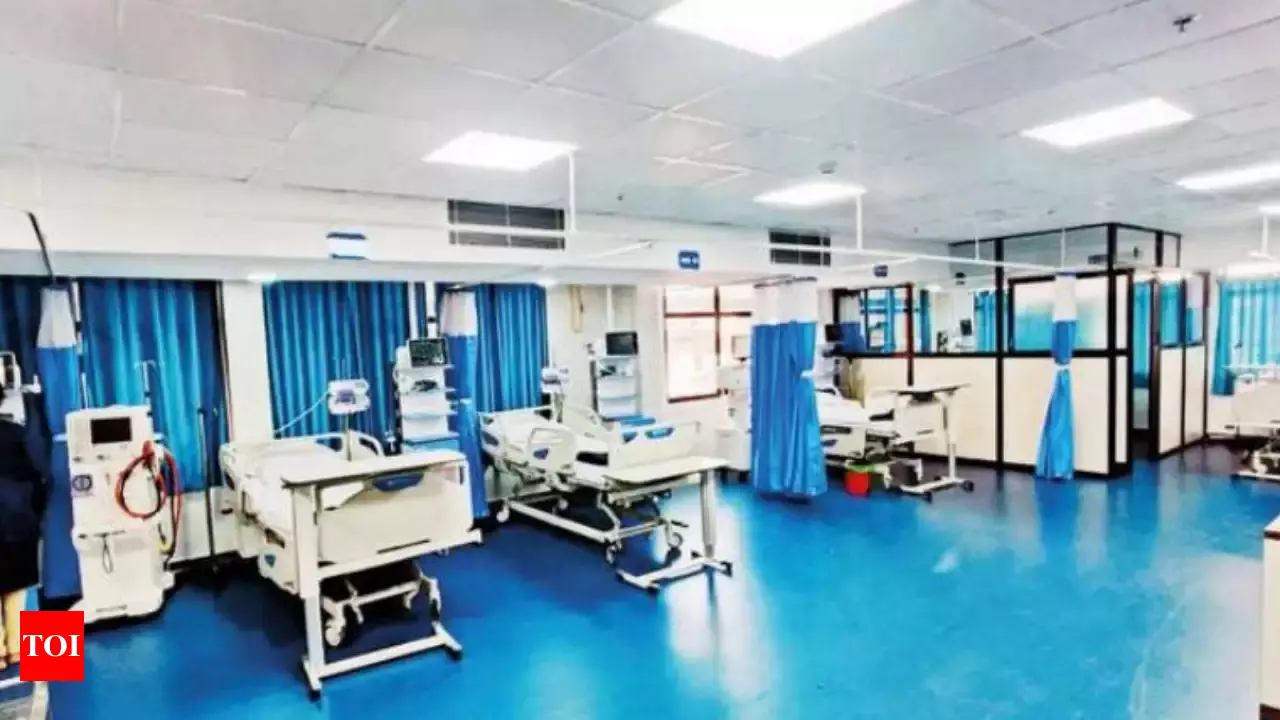The suspension of the Mahatma Jyotirao Phule Jan Aarogya Yojana (MJPJAY) has disrupted healthcare services at Kamala Nehru General Hospital in Pune, leaving patients struggling to afford essential implants and surgeries. Since the civic body’s health department failed to renew contracts with private vendors, vital supplies like hip and knee replacement implants have been unavailable for four months. This has forced patients, many from economically weaker sections, to procure expensive implants from private markets.
Data from the hospital reveals the scheme’s importance. Between January and July, 192 orthopaedic and 244 general surgeries were conducted when the scheme was active. However, post-August, the numbers plummeted to 89 orthopaedic and 193 general surgeries. On average, the hospital performed three implant surgeries daily, a lifeline now endangered. A senior doctor lamented that the scheme’s benefits, capped but vital, have been paused, leaving the poor in distress.
Civic officials attribute the delay to changes in state guidelines and the ongoing moral code of conduct due to elections. “We are awaiting new provisions from the state government before re-floating tenders,” said the Chief Public Health Officer. The Assistant Health Officer added, “Once the moral code is lifted, we will expedite the process. This scheme is crucial for economically weaker patients.” However, for patients enduring delays, these explanations offer little solace.
From a sustainability lens, the reliance on a single scheme exposes systemic vulnerabilities in public healthcare infrastructure. A decentralised approach and better public-private partnerships could ensure continuity of critical services. Policymakers must address these gaps, balancing immediate civic responsibilities with long-term urban health sustainability. The current crisis underscores the urgency of resilient healthcare frameworks, ensuring no patient is left without support in times of policy or procedural transitions.


